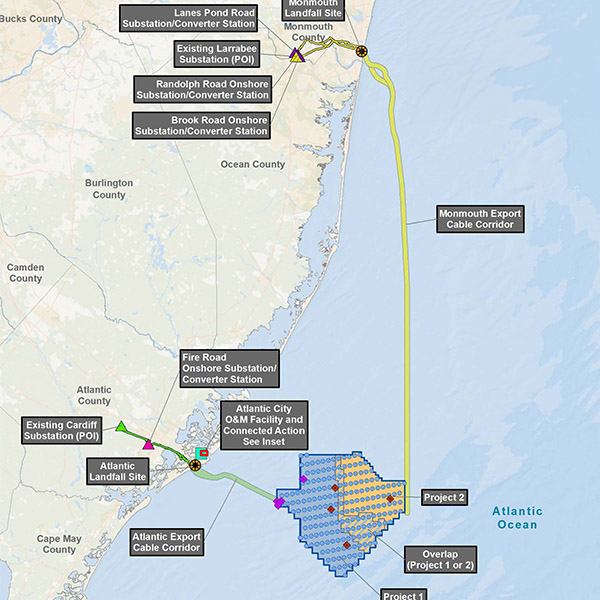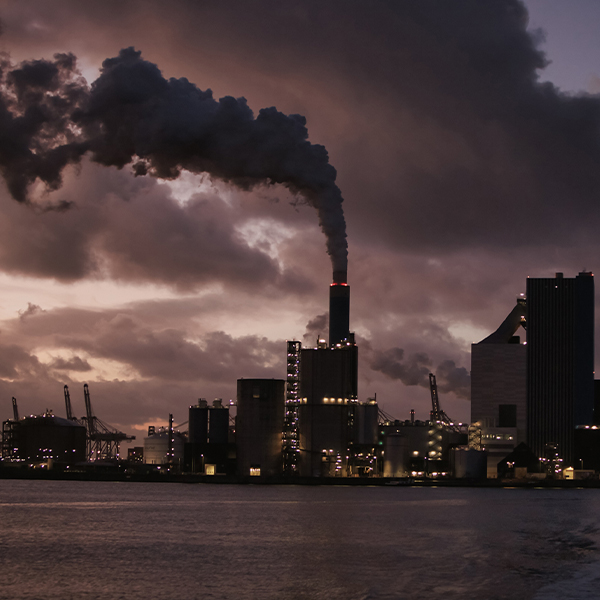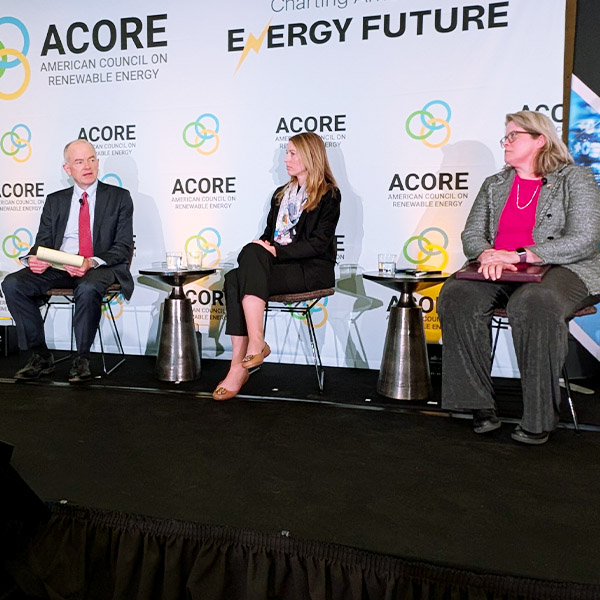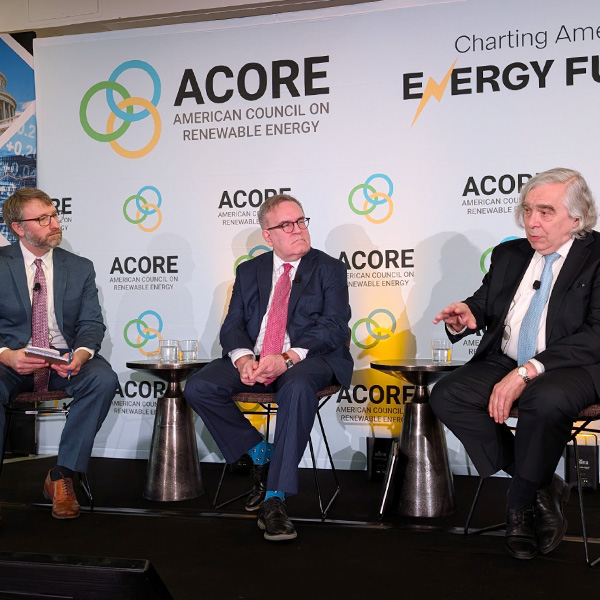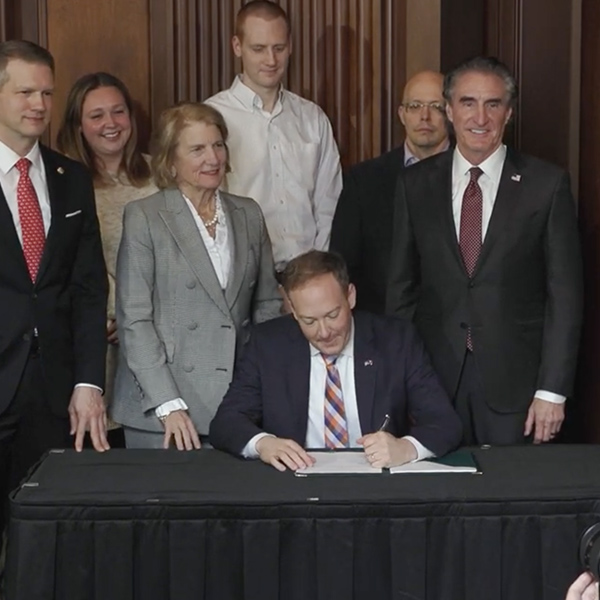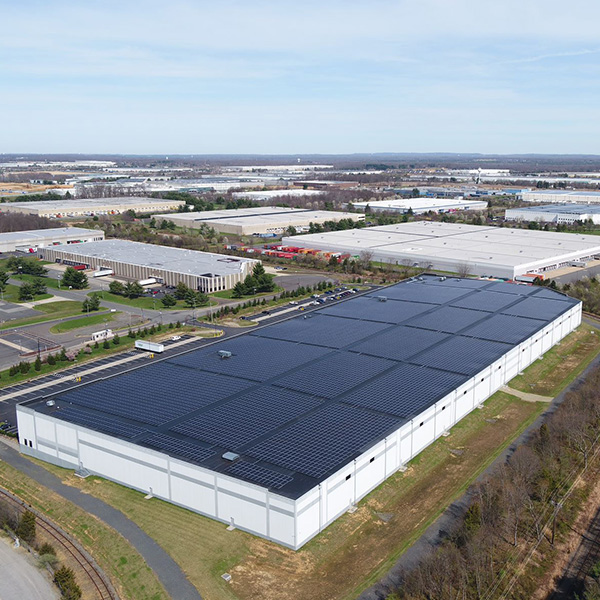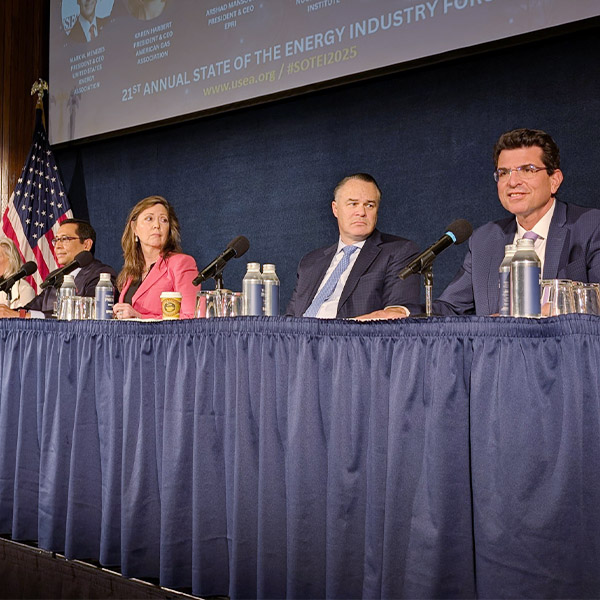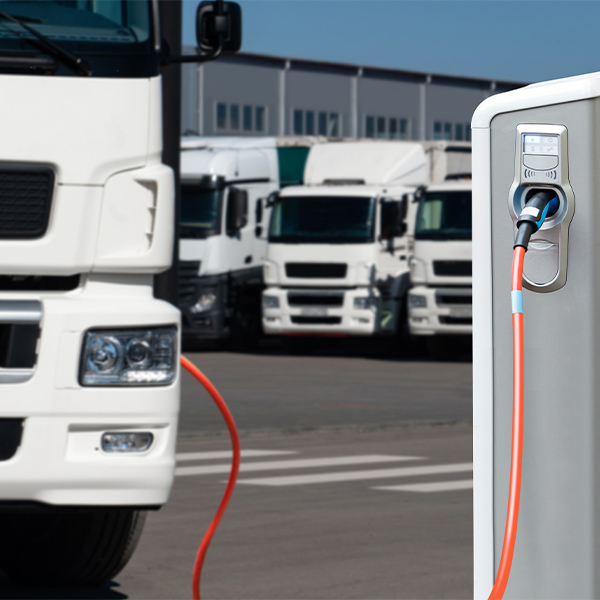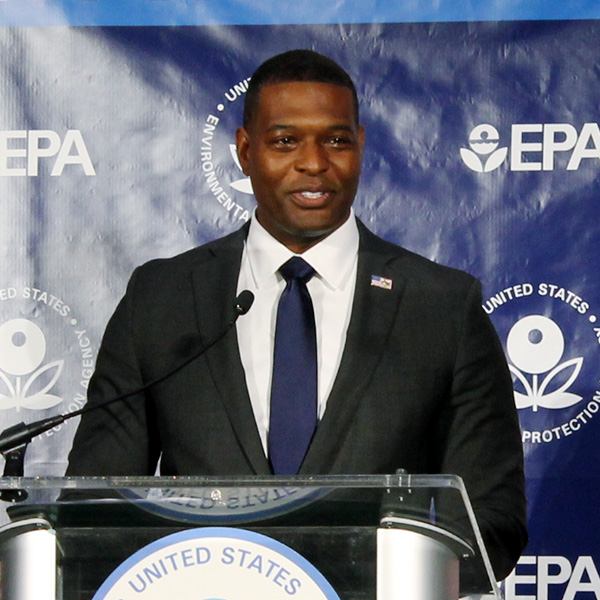Environmental Protection Agency
The EPA’s Environmental Appeals Board has granted the agency’s motion for a “voluntary remand” on the air quality permit for the project, essentially returning it to EPA for re-evaluation in light of President Donald Trump’s Jan. 20 executive order on offshore wind.
In a rapid series of announcements, EPA Administrator Lee Zeldin unleashed a full-scale offensive on the agency’s regulatory authority, as it seeks to roll back as many as 31 regulations.
Legal experts are trying to untangle the legalities of executive orders and actions in the six weeks since President Donald Trump was inaugurated, along with the impact of major court decisions like Loper Bright.
While the majority of IRA tax credits and incentives have gone to develop clean energy projects in Republican districts and states, House leadership leans heavily toward fossil fuel-producing states,
West Virginia is the fourth state to be granted primacy for permitting Class VI wells.
D.C. District Court Judge Loren AliKhan issued a temporary restraining order on OMB from pausing all federal grants and loans.
The Energy Association's 21st Annual State of the Energy Industry Forum reflected the quickly shifting landscape of national energy policy and the resulting shift in industry priorities and narratives.
California regulators have withdrawn their request for federal approval of a statewide ban on diesel truck sales after 2035, saying they’ve run out of time before President-elect Donald Trump returns to the White House.
Just weeks before President-elect Donald Trump returns to the White House, the Biden administration has given California permission to enforce rules that require all new cars sold in the state to be zero-emission by 2035.
To move forward in the second Trump administration, both Democrats and Republicans will need to depoliticize the debate around climate and energy issues as they face the impacts of increasingly frequent and severe extreme weather, while meeting growing power demand from artificial intelligence, data centers and new manufacturing.
Want more? Advanced Search
